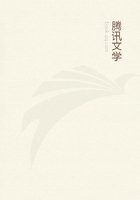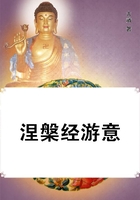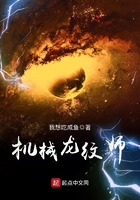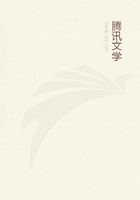Rational nature is distinguished from the rest of nature by this, that it sets before itself an end. This end would be the matter of every good will. But since in the idea of a will that is absolutely good without being limited by any condition (of attaining this or that end) we must abstract wholly from every end to be effected (since this would make every will only relatively good), it follows that in this case the end must be conceived, not as an end to be effected, but as an independently existing end. Consequently it is conceived only negatively, i.e., as that which we must never act against and which, therefore, must never be regarded merely as means, but must in every volition be esteemed as an end likewise. Now this end can be nothing but the subject of all possible ends, since this is also the subject of a possible absolutely good will; for such a will cannot without contradiction be postponed to any other object. The principle: "So act in regard to every rational being (thyself and others), that he may always have place in thy maxim as an end in himself," is accordingly essentially identical with this other: "Act upon a maxim which, at the same time, involves its own universal validity for every rational being." For that in using means for every end I should limit my maxim by the condition of its holding good as a law for every subject, this comes to the same thing as that the fundamental principle of all maxims of action must be that the subject of all ends, i.e., the rational being himself, be never employed merely as means, but as the supreme condition restricting the use of all means, that is in every case as an end likewise.
It follows incontestably that, to whatever laws any rational being may be subject, he being an end in himself must be able to regard himself as also legislating universally in respect of these same laws, since it is just this fitness of his maxims for universal legislation that distinguishes him as an end in himself; also it follows that this implies his dignity (prerogative) above all mere physical beings, that he must always take his maxims from the point of view which regards himself and, likewise, every other rational being as law-giving beings (on which account they are called persons). In this way a world of rational beings (mundus intelligibilis) is possible as a kingdom of ends, and this by virtue of the legislation proper to all persons as members. Therefore every rational being must so act as if he were by his maxims in every case a legislating member in the universal kingdom of ends. The formal principle of these maxims is: "So act as if thy maxim were to serve likewise as the universal law (of all rational beings)." A kingdom of ends is thus only possible on the analogy of a kingdom of nature, the former however only by maxims, that is self-imposed rules, the latter only by the laws of efficient causes acting under necessitation from without. Nevertheless, although the system of nature is looked upon as a machine, yet so far as it has reference to rational beings as its ends, it is given on this account the name of a kingdom of nature. Now such a kingdom of ends would be actually realized by means of maxims conforming to the canon which the categorical imperative prescribes to all rational beings, if they were universally followed. But although a rational being, even if he punctually follows this maxim himself, cannot reckon upon all others being therefore true to the same, nor expect that the kingdom of nature and its orderly arrangements shall be in harmony with him as a fitting member, so as to form a kingdom of ends to which he himself contributes, that is to say, that it shall favour his expectation of happiness, still that law: "Act according to the maxims of a member of a merely possible kingdom of ends legislating in it universally," remains in its full force, inasmuch as it commands categorically. And it is just in this that the paradox lies; that the mere dignity of man as a rational creature, without any other end or advantage to be attained thereby, in other words, respect for a mere idea, should yet serve as an inflexible precept of the will, and that it is precisely in this independence of the maxim on all such springs of action that its sublimity consists; and it is this that makes every rational subject worthy to be a legislative member in the kingdom of ends: for otherwise he would have to be conceived only as subject to the physical law of his wants. And although we should suppose the kingdom of nature and the kingdom of ends to be united under one sovereign, so that the latter kingdom thereby ceased to be a mere idea and acquired true reality, then it would no doubt gain the accession of a strong spring, but by no means any increase of its intrinsic worth. For this sole absolute lawgiver must, notwithstanding this, be always conceived as estimating the worth of rational beings only by their disinterested behaviour, as prescribed to themselves from that idea [the dignity of man] alone. The essence of things is not altered by their external relations, and that which, abstracting from these, alone constitutes the absolute worth of man, is also that by which he must be judged, whoever the judge may be, and even by the Supreme Being. Morality, then, is the relation of actions to the relation of actions will, that is, to the autonomy of potential universal legislation by its maxims. An action that is consistent with the autonomy of the will is permitted; one that does not agree therewith is forbidden. A will whose maxims necessarily coincide with the laws of autonomy is a holy will, good absolutely.
The dependence of a will not absolutely good on the principle of autonomy (moral necessitation) is obligation. This, then, cannot be applied to a holy being. The objective necessity of actions from obligation is called duty.

